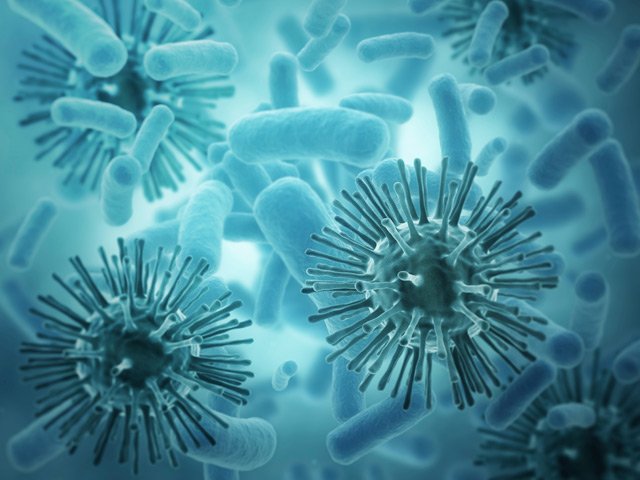What is GBS?
Group B Streptococcus (GBS) is one of the many bacteria that are found in the vagina or rectum of some women. GBS is NOT a sexually transmitted disease. Some women have it and some women do not. Most women don’t even know they have it.
How does GBS affect pregnant women?
When pregnant women are “colonized” (have GBS present in their body without any symptoms), they are at risk of developing an infection in their uterus or bladder. More importantly, pregnant women who have GBS can pass it along to their baby as the baby comes down the birth canal during delivery. Therefore, it is imperative that every pregnant woman be offered GBS testing.
When is GBS tested for?
GBS status is checked during the 35th-37th week of pregnancy. The test for GBS consists of a simple swab in the rectal/vaginal area. It is quick and painless. Results usually come back within one week.
What happens if I test positive for GBS?
Pregnant women who test positive for GBS should receive intravenous antibiotics (Penicillin, Ampicillin, Clindamycin) when they go into labor. Antibiotics prevent newborn GBS infection.
How does GBS affect babies?
GBS can affect newborns in many ways. GBS infection can cause short term illnesses including pneumonia, meningitis, or sepsis as well as long term problems related to generalized slowness, irritability, poor feeding, vomiting, or high fever.
What else do I need to know about GBS?
There are two instances in which you will be treated for GBS during labor regardless of culture results. The first is if you have a previous baby with GBS infection. The second is if you have GBS identified in your urine during your current pregnancy. Both of these instances mandate that you get antibiotics during delivery.


